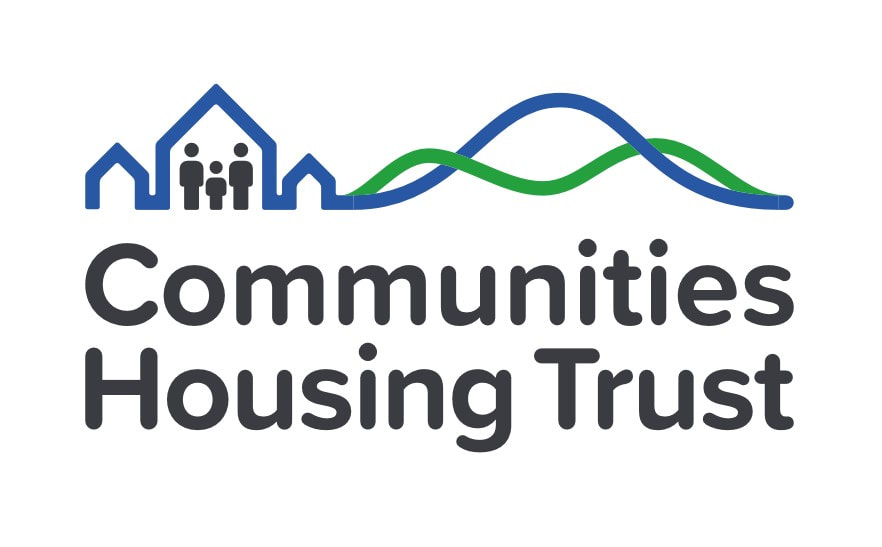|
Our development with Staffin Community Trust was featured on the BBC's Disclosure programme on Monday, in an episode about the difficulties finding housing, particularly for younger and low-income folk. There's no doubt that finding affordable, quality housing is a huge struggle for many rural communities across Scotland. So what are the positives? The Taighean a' Chaisheil development in Staffin is a community-led and community-owned development, with sale prices and rents set lower than the area average. The community trust decides an allocation policy for the homes (where allocations are made independently of the trust and community, importantly), and the homes for sale have a Rural Housing Burden attached, which means the discounted price applies to all future sales, and again local folk are prioritised in the allocation process. Yes, it may not be enough homes just now, and it may take longer than standard commercial developments BUT:
We want this to be seen as a positive example of WHAT'S POSSIBLE: a community taking the future into their own hands, finding partners to help make it happen, and doing something about it - as a way to alleviate immediate need; to prove it works, which helps make the case for larger scale projects; and to inspire confidence in other communities to address their own needs and aspirations. In terms of possible solutions, Staffin Community Trust are already demonstrating it on the ground. And there is such a range of housing options available now, beyond social or mid-market rent - for example Low Cost Home Ownership (as demonstrated in Staffin), or discounted self-build. Together in Staffin we'll have housed 6 more local families, provided new space for small businesses, and a new NHS health centre. It's a start... (In addition, Sabhal Mòr Ostaig in Kilbeg was also mentioned in the programme - we're working in partnership with them on a rather exciting project, site pictured below. More about that very shortly!) Scottish Housing Day is back for a sixth year continuing to highlight challenges and achievements across the housing sector. As the world's attention will be on Glasgow for the UN's climate conference COP26 in November, this year the focus is on housing and the climate emergency. Around 13% of Scotland’s carbon emissions are related to the way we heat our homes. The Scottish Government has introduced ambitious targets to reach net zero carbon emissions by 2045 and has committed that, from 2024, gas boilers will no longer be installed in new homes. The Communities Housing Trust has now been working with communities across Scotland for over 20 years, providing affordable homes, amenities, infrastructure, and addressing social inequalities. Over the years we've worked on some fantastic developments which really echo this urgent call for change and the wish to be net zero as a country by 2045. So, for this year's Scottish Housing Day, we wanted to highlight just a few of our community-led projects which have addressed the climate emergency, in different ways, to share what's been done practically, to inspire others, and to raise confidence that solutions do exist. Communities Housing Trust: community-led developments and the climate emergencyHow else to start than with Scotland's first public building to be awarded Passivhaus status? As well as being highly energy-efficient, the GALE Centre in Gairloch is a Tourist Information Hub, and includes a community shop and cafe which stocks produce from over 40 local suppliers, helping to support the local circular economy. It also provides office space for Gairloch & Loch Ewe Action Forum (GALE), enabling them to employ staff year-round as a more stable rural community, and has rooms for community groups to use... ...as well as growing space for veggies, fruit and herbs outside, for use in the community cafe! The building is part of the Achtercairn development, which also included affordable housing, a shop and other amenities, creating a new centre for the village on a derelict site. (If you want to know more, we're running an event about this development and 20-Minute Neighbourhoods next week, on Thurs 23 September - more info and register here). Or how about the Ardgeal development near Kincraig in the Cairngorms National Park? The former forestry land was obtained through the National Forest Land Scheme, and the timber felled from the site was used in the construction of the homes... ...similar to these self-build homes in Salen, where a group of local families got together to come up with a solution to their housing issues. As foresters, they were also able to mill timber from on-site for the cladding, and build much of the homes themselves. Likewise in Rothiemurchus, near Aviemore, these affordable self-builds use local timber, local companies in the construction, and are highly fuel- and energy-efficient, with triple glazing and air-source heat pumps. One has solar photo-voltaics, with more to follow suit, and EPCs on the homes range from B+ to A. The Old Sawmill development has just been shortlisted in the Scottish Land & Estates Rural Housing category of the 'Helping It Happen' Awards. We’re really aware how difficult it is as a local person working in this area to find a house and especially to build your own house, but we know it’s possible now. It wasn’t easy and it took a while! But it has worked, and it’s our wish that going through this unwieldy planning process can, and should, make it easier for local residents undertaking such ventures in the future. The Greener Homes scheme was a partnership between the Communities Housing Trust and the Highland Council, funded by the Scottish Government, to reduce carbon emissions in housing, invest in greener technologies, reduce fuel poverty, and support regional skills development and business opportunities in greener housing. Homes in Fodderty (pictured above), Arisaig, Lochcarron and Daviot were built in partnership with award winning MAKAR Construction Ltd. The homes were designed and constructed using sustainable Scottish timber. Further homes were constructed in Alness and Dornoch by CHT and the Highland Council. Currently under construction are 12 affordable homes in Tomintoul, Moray. Built around a shared communal space to address social isolation, the development includes several live/work spaces to provide flexibility for work in a rural area, keeping travel low. There'll also be EV charging points and the homes will be highly energy-efficient to tackle fuel poverty. And, importantly, it's not just about new builds. Here's an image of the old schoolhouse in Glendale, Skye, where we're working with the local community not only to provide affordable housing, but to use as a case study to make retrofitting and renovating for the climate emergency easier and more effective. It's currently challenging to say the least, with barriers on many fronts, yet repurposing empty and derelict buildings well will be hugely important not only to help the housing crisis, but also the climate crisis.
These projects demonstrate that it's not 'just' about what is used to construct a home, or how far it's travelled - but also how far a family may have to travel to school, to a shop, and what produce that shop stocks. Providing amenities such as this is crucially important - particularly in more rural or remote communities - and have huge positive knock-on environmental impacts. The Scottish Government has announced its support for the idea of 20-Minute Neighbourhoods, enabling people to live better, healthier lives while meeting net zero ambitions. Our community-led projects demonstrate this idea in practice, helping address the climate emergency while redeveloping rural areas. All are based on the needs of communities, and combine extensive partnership working with innovative thinking. Join our AGM next week, on Thursday 23 September, when we'll be sharing in more detail about 20-Minute Neighbourhoods and circular economies in rural areas. So! We're as positive as we can be about the climate emergency - we think we have some good models for rural housing and community development (tried and tested), suitable for meeting current and future climate needs, and we are continuing to listen to communities, test new solutions, and do even more to address the climate crisis. Our planet needs us to! What else are we doing to help address the climate emergency? We use an ethical bank - Triodos Bank - who invest in community projects, and our staff pension provider has a Responsible Investment approach and supports the goals of the Paris Agreement. We use local suppliers whenever we can, with local produce and materials - recognising this is also sometimes a challenge for a charity based in the Highlands! We use Ecosia to search the web, which plants a tree for every search. And since lockdown, we're encouraging a mix of home- and office-working which is reducing road miles and fuel emissions. The below article from Scottish Housing News about the new Scottish Government's Rural Communities 'Ideas Into Action' Fund may be of interest and relevance to your community. The fund will support community-led rural development with small and larger grants. Not-for-profit community groups in rural areas will soon be able to apply for Scottish Government funding of up to £50,000 to trial new and innovative ways to address local challenges and benefit from local opportunities.
The Rural Communities “Ideas into Action” Fund is supported by £1.5 million of funding and will be delivered in partnership with Inspiring Scotland. It will allow applicants to take forward ideas that will test change while linking community action with addressing local issues. The fund forms part of the wider £3m fund announced earlier this year in the Scottish Budget, to deliver pilot projects testing innovative ways of delivering Community Led Local Development (CLLD) before March 2022. Mairi Gougeon, rural affairs secretary, said: “I want to put rural and island communities in charge of making change happen in their local area. This Fund will help communities do just that, allowing them to be creative and test unproven but good ideas. “We will be looking for projects that demonstrate how they will help make rural Scotland greener and fairer. Projects will also need to show how they will include people especially those who are harder to reach or who are remote from or less often involved in community activity “The aim is to learn about what does and doesn’t work in rural communities and why, and we will use this information to influence future policy.” Celia Tennant, Inspiring Scotland CEO, added: “We’re delighted to be partnering with the Scottish Government to deliver the Rural Communities Ideas into Action Fund which will support locally-driven social action in rural communities. This approach is central to Inspiring Scotland’s ethos, to encourage new ideas, to capture learning and to support, develop and connect communities. We look forward to supporting successful applicants to deliver the aims and ambitions of the fund.” The fund will open for applications on Monday 13 September, and close on Friday 8 October at 12 noon. Full details will be made available on the Inspiring Scotland website when the application window opens. Link to Fund information: www.inspiringscotland.org.uk/rural-communities-ideas-into-action-fund/ Original article at: www.scottishhousingnews.com/article/scottish-government-announces-1-5-million-funding-for-rural-community-groups Thursday 23 September 2021, 11am (online, virtual) This year for our AGM we're delving into the environmental and socio-economic benefits of the 20-Minute Neighbourhood concept, and what that looks like in practice, in rural Scotland. We'll be sharing a few of our developments, to help inspire other communities, looking particularly at developing rural circular economies. We are extremely pleased to welcome our guest speakers:
The AGM is free and open to all, including non members. Community groups and development trusts are especially welcome. Please register to attend with the form below. 20 Years of 20-Minute Neighbourhoods in Scotland: Circular economies in rural areas 11am AGM 11.15am 20-Minute Neighbourhood introduction: Stefanie O'Gorman, Ramboll UK 11.25am CHT approach and examples to 20-Minute Neighbourhoods 11.35am Gairloch case study: Janet Miles, MD of Gairloch & Loch Ewe Action Forum (GALE) 11.45am Keynote: Hamish Trench, Scottish Land Commission 11.55am Discussion: Q&A with audience (20-30mins) 12.15pm-ish Event end The Old Sawmill development at Rothiemurchus near Aviemore has been selected as a finalist in the Rural Housing category of the Scottish Land & Estates Helping It Happen Awards. The development is a collaboration between members of the local community, the Rothiemurchus Estate, and the Communities Housing Trust. It provided a total of six self-build homes on Rothiemurchus land: four affordable plots for the local community that required no public subsidy, and two open-market plots, within the Cairngorms National Park. The affordable self-build homes all have the Rural Housing Burden attached, a legal title condition which protects the property’s affordability in perpetuity and prioritises the local community in future sales, helping prevent holiday- and second-home ownership. Aviemore is a highly desirable area, with challenges of land availability and planning, limited available housing stock, and even less affordable housing. With an urgent need for new and fair middle-market opportunities and solutions, several local families formed a co-operative and approached Johnnie Grant of Rothiemurchus to tackle the issue, with the Communities Housing Trust brokering the unique cross-subsidy model to provide the plots. The high-quality family homes use local and sustainable materials where possible, and embody the Rothiemurchus vernacular with larch cladding and tin roofing. The homes, each built to individual specifications, are highly energy-efficient and air-tight for environmental reasons and to reduce running costs, another aspect of affordable homes, with air-source heat pumps. There is also a 12-year tree-planting plan on the site.
The Old Sawmill development is the first project to benefit from the Dr & Mrs Steven Faulds Memorial Fund, which is dedicated to buying land, servicing plots and facilitating self-builds, and is administered by the Communities Housing Trust. Ronnie MacRae, CEO of Communities Housing Trust, said: “We’re extremely grateful that this ‘no public subsidy’ model has been recognised by Scottish Land & Estates - it’s a win-win collaboration on estate land to secure affordable housing using self-build, within the Cairngorms National Park. We’ve supported four local families to build their own homes and remain in the area – which may not otherwise have been possible – while meeting the objectives of the Local Authority and Scottish Government, and we are very hopeful this development can be replicated in other areas where there are few affordable properties to rent or buy.” Johnnie Grant of Rothiemurchus, said: “It took nearly ten years of investment and the determination of the members of the Old Sawmill co-operative and the Communities Housing Trust to make this happen – thank you to them. I have always wanted people to have a fair opportunity to bring up their families in the place they call home; I hope that selection for the final will provide the confidence and support for this solution to be repeated both here and elsewhere.” Lesley McKenna, co-operative member and Old Sawmill resident, said: “We’re really aware how difficult it is as a local person working in this area to find a house and especially to build your own house, but we know it’s possible now. It wasn’t easy and it took a while! But it has worked, and it’s our wish that going through this unwieldy planning process can, and should, make it easier for local residents undertaking such ventures in the future.” The winners of the Scottish Land & Estates Helping It Happen Awards will be announced in an online ceremony on 27 October 2021. The Minginish Community Hall Association (MCHA) is launching a survey to inform what housing is needed now and into the future.
In partnership with the Communities Housing Trust, MCHA is currently identifying possible sites for housing in the area. The survey results will help shape what housing is provided, led by the needs and aspirations of the community, and will help ensure future sustainability. MCHA is particularly keen to retain younger people, families and those working in the area, and to provide suitable affordable homes for local people. As well as current residents, MCHA would also like to hear from people wanting to return or re-locate to the area, and local businesses – including potential new businesses. Graham Campbell, Chair of MCHA, said: “Housing is a significant issue for many rural communities, including Minginish, and as such a key priority for MCHA. We encourage all interested parties to complete the survey, so that the CHT can fully understand the demand and issues locally, and use this to identify solutions and inform funding bids. This is your opportunity to influence your future and our community's future.” Ronnie MacRae, CEO of Communities Housing Trust, said: “We are very pleased to be working with the Minginish community to understand their specific needs. We suspect demand is high here, and we now have increased opportunities with Scottish government policies on land reform, supporting rural housing and community empowerment. “Community-led housing is often the best option in small, rural communities, as it can be tailored, providing a mix of tenures as well as a mix of house sizes, to give the greatest possible flexibility to residents.” The surveys can be completed online before Sunday 26 September at: https://www.chtrust.co.uk/surveys. |
CHT BlogThis blog features a variety of CHT’s developments and projects located throughout the central and northern Scotland. It also includes the latest news and updates regarding the Trust. Archives
September 2023
Archives
September 2023
Categories
All
|
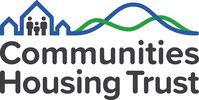
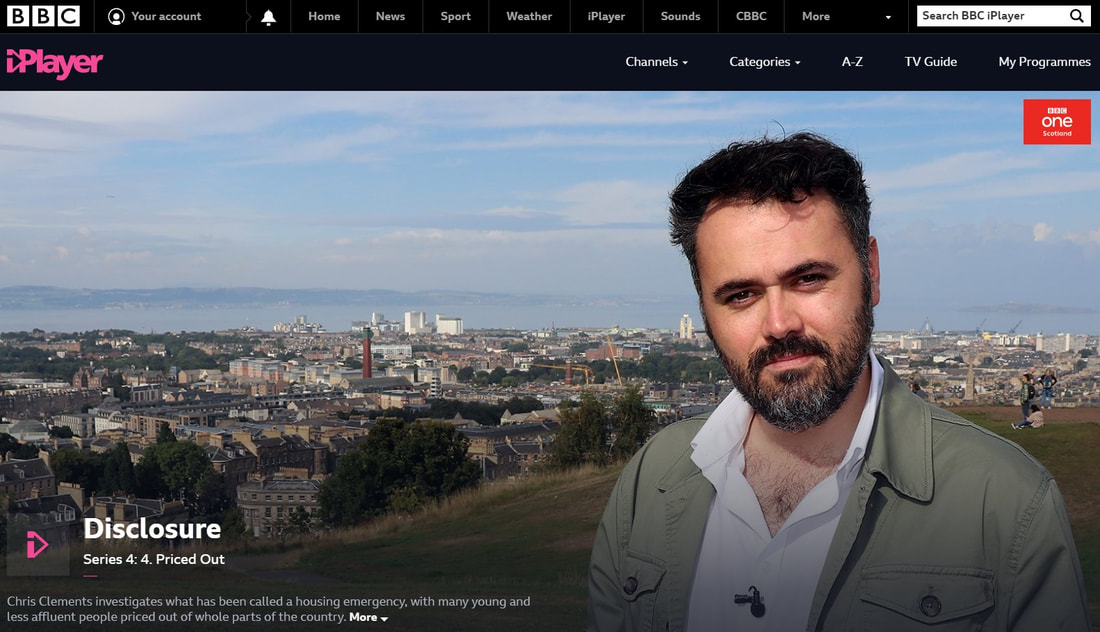
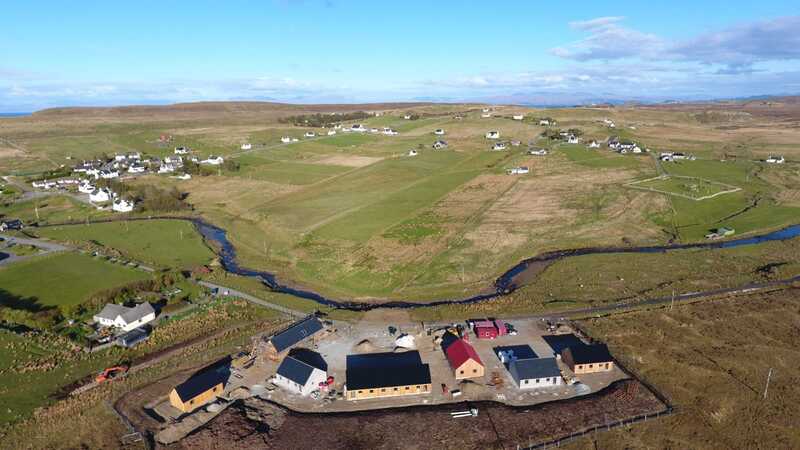
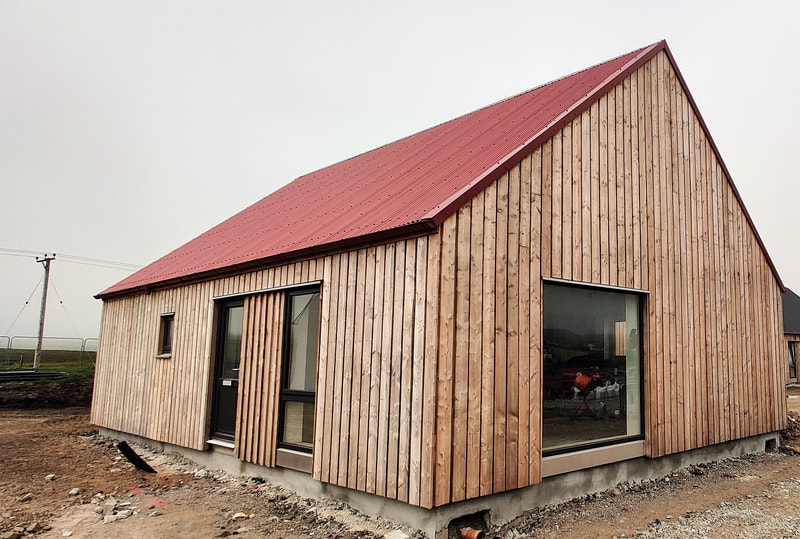
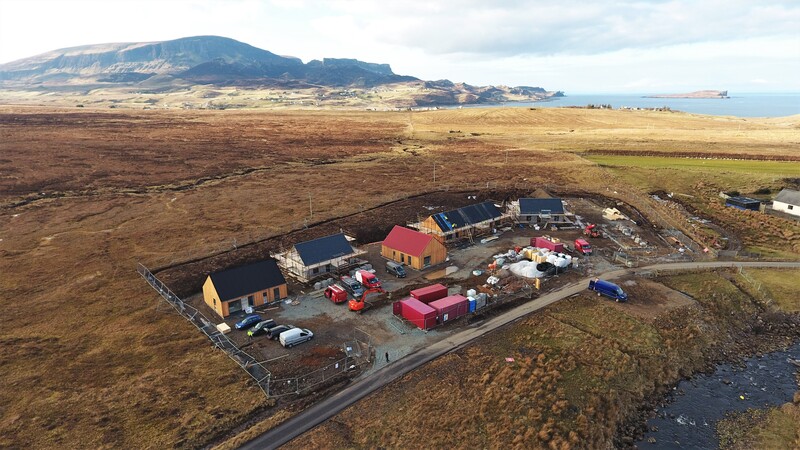
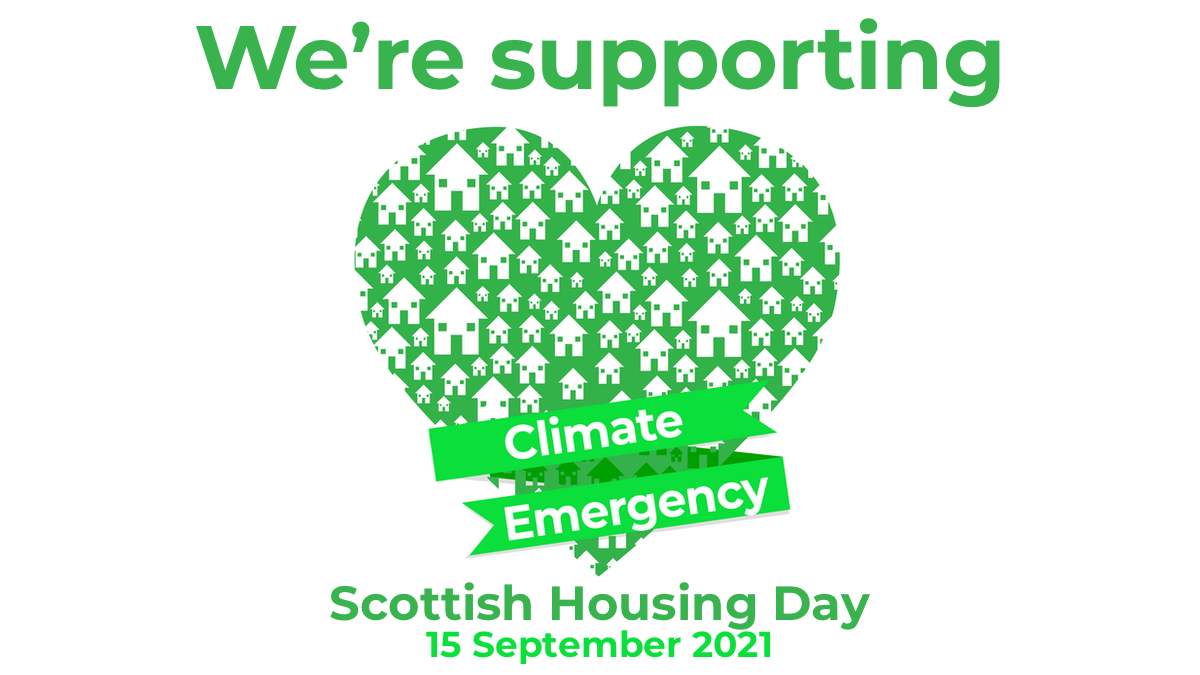
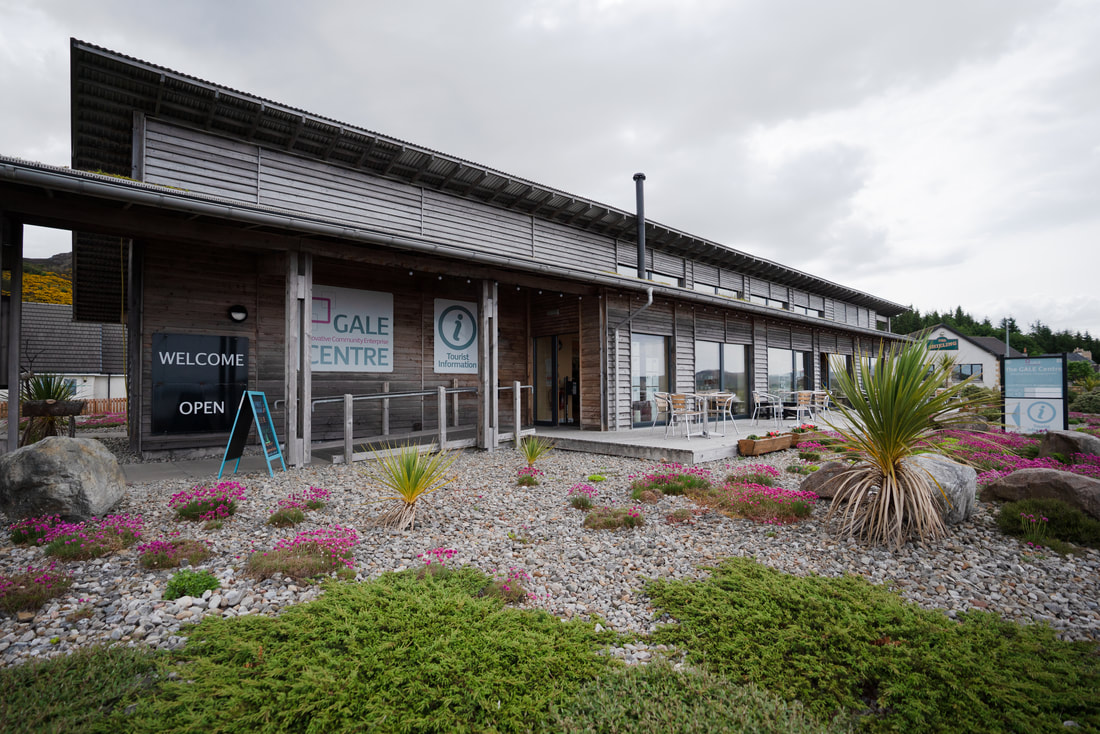
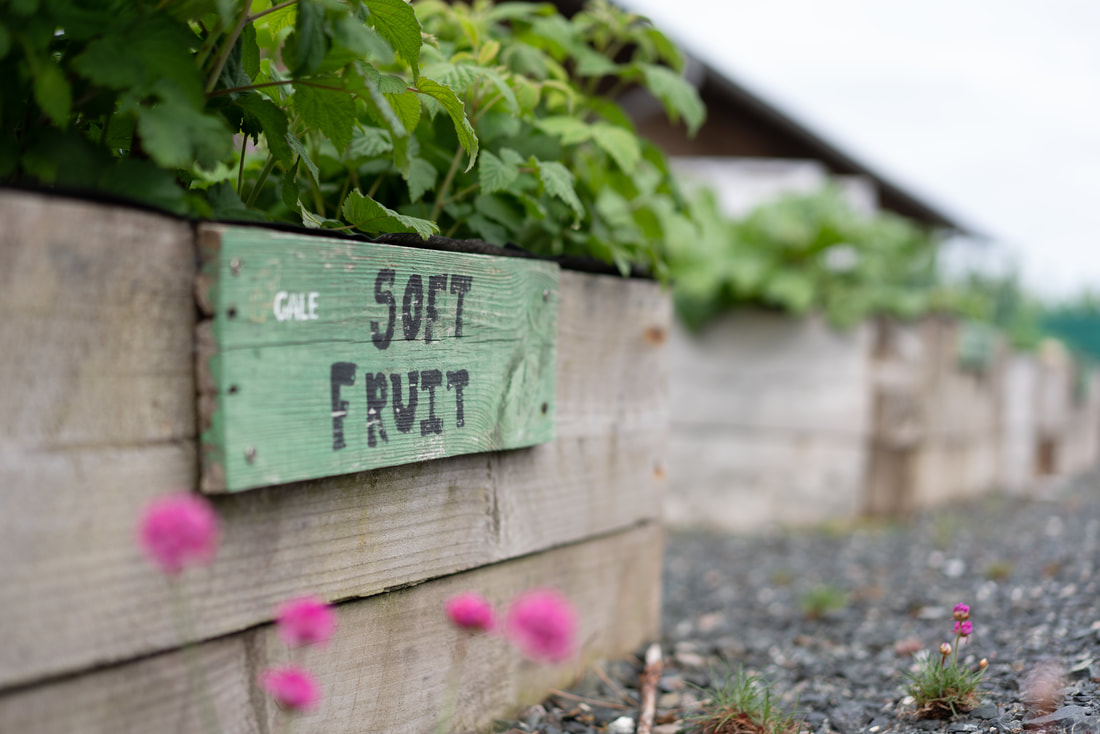
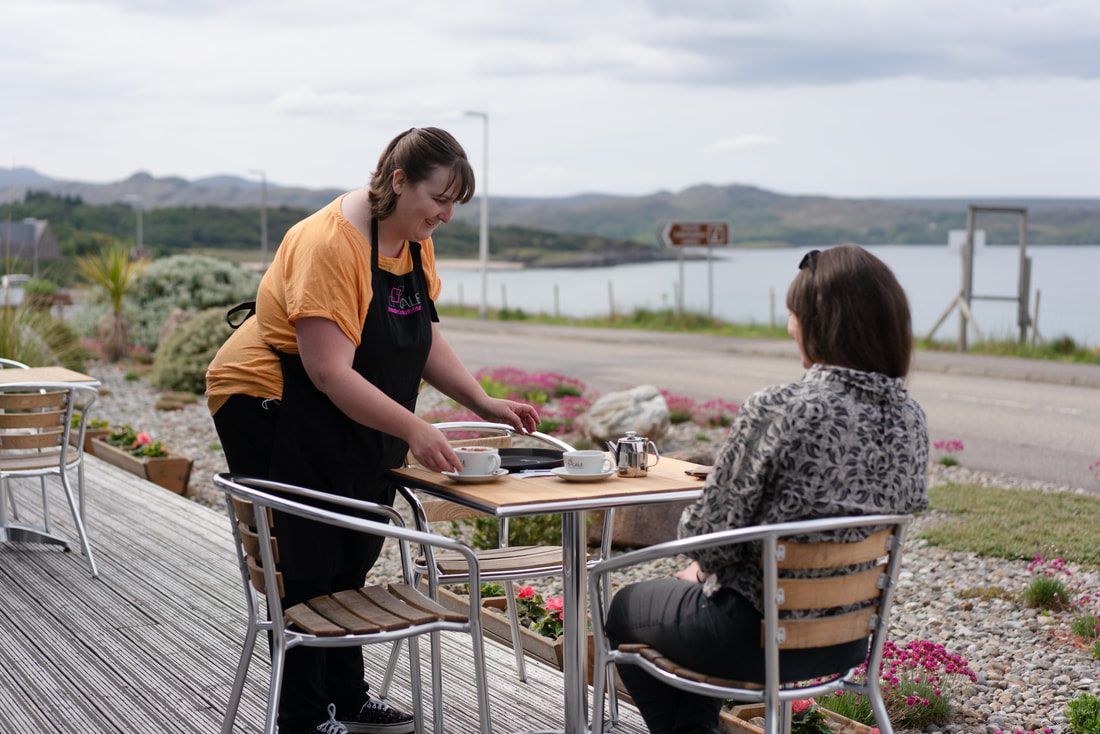
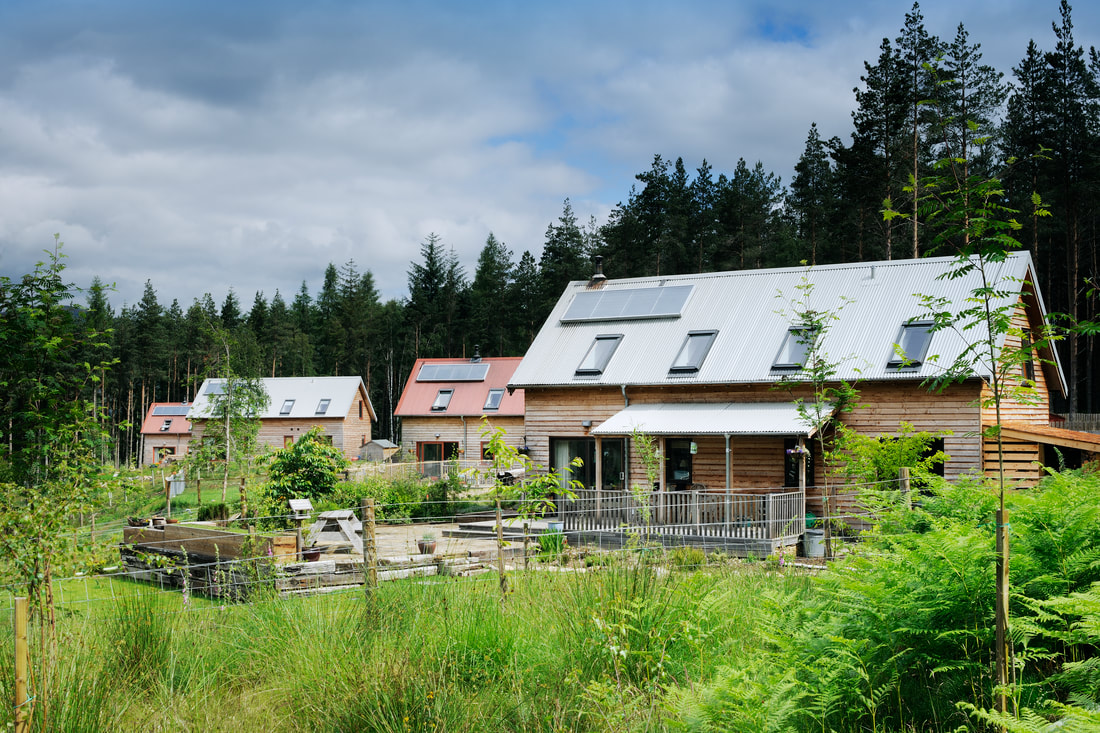
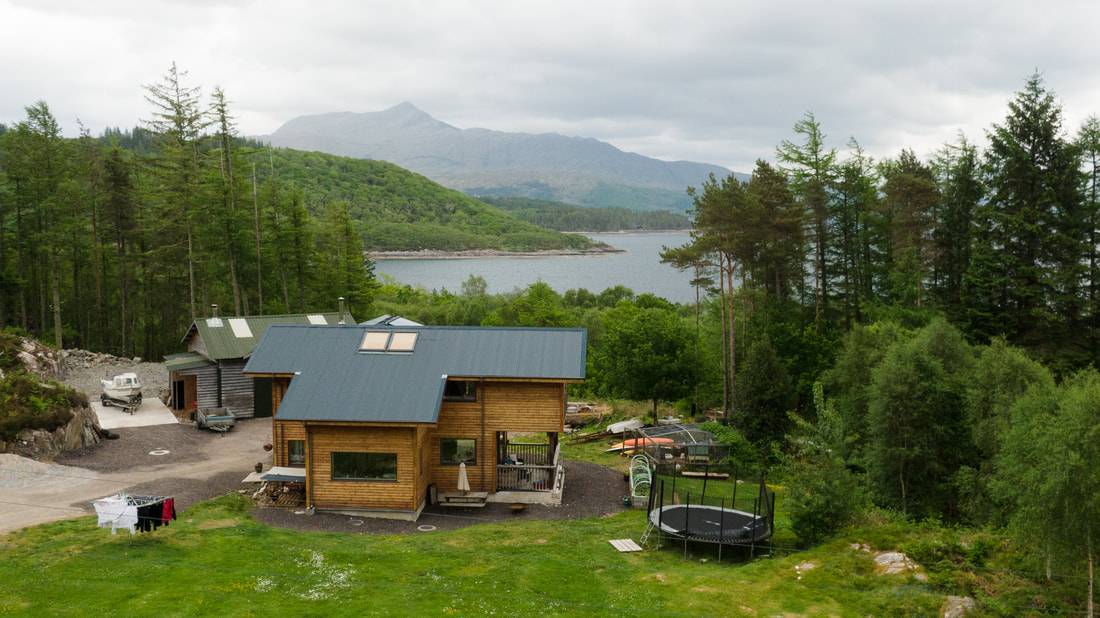
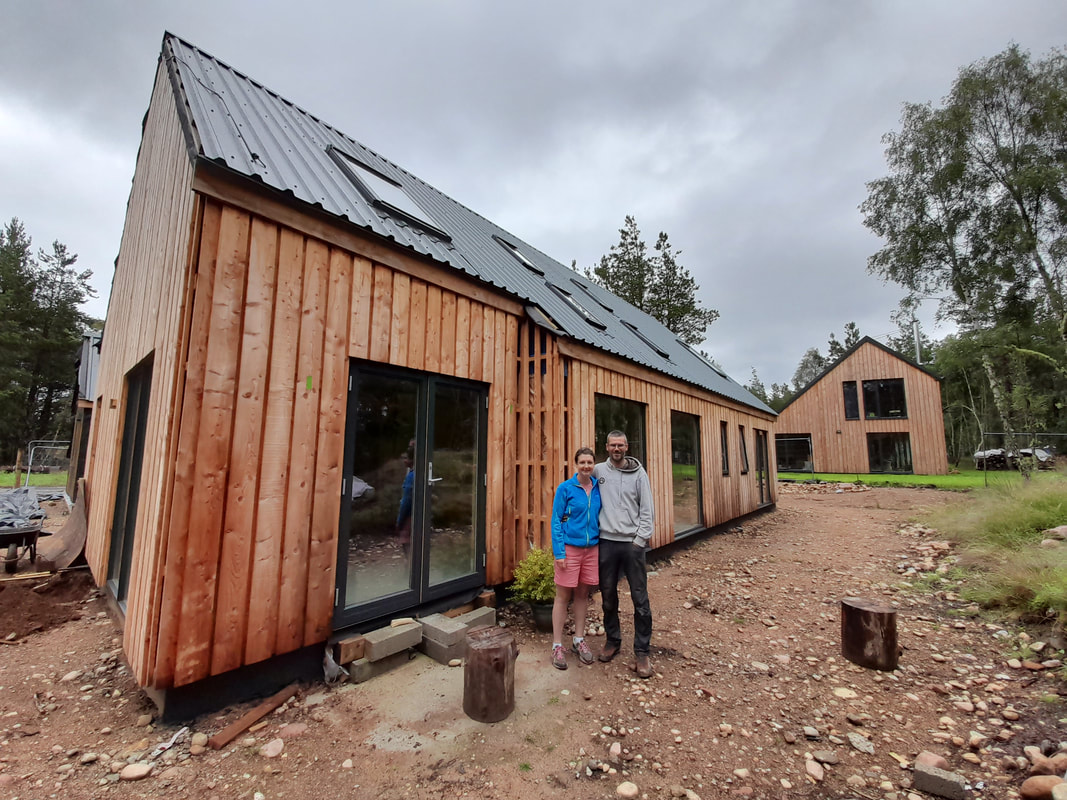
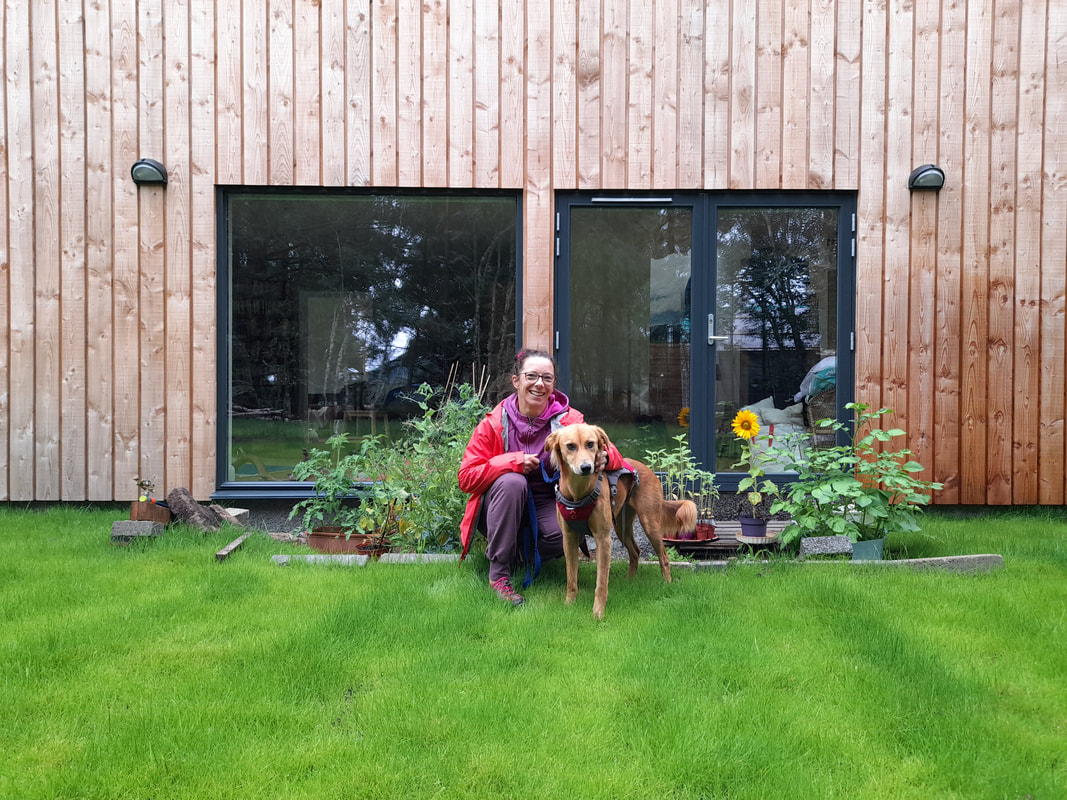
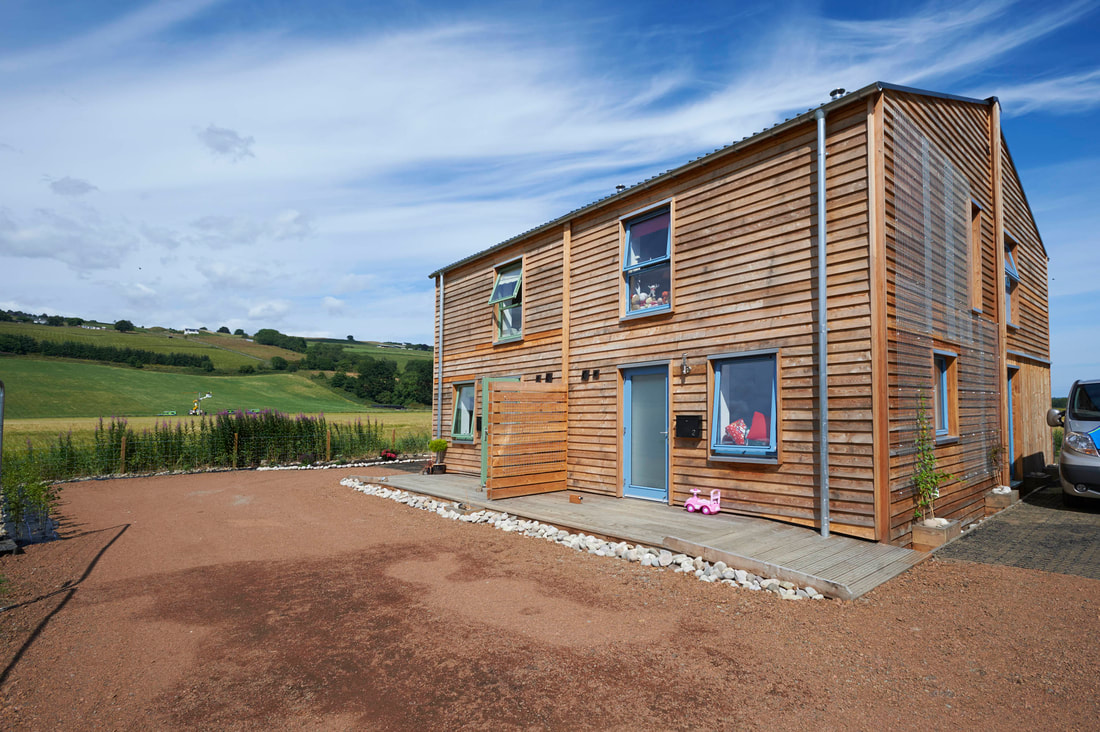
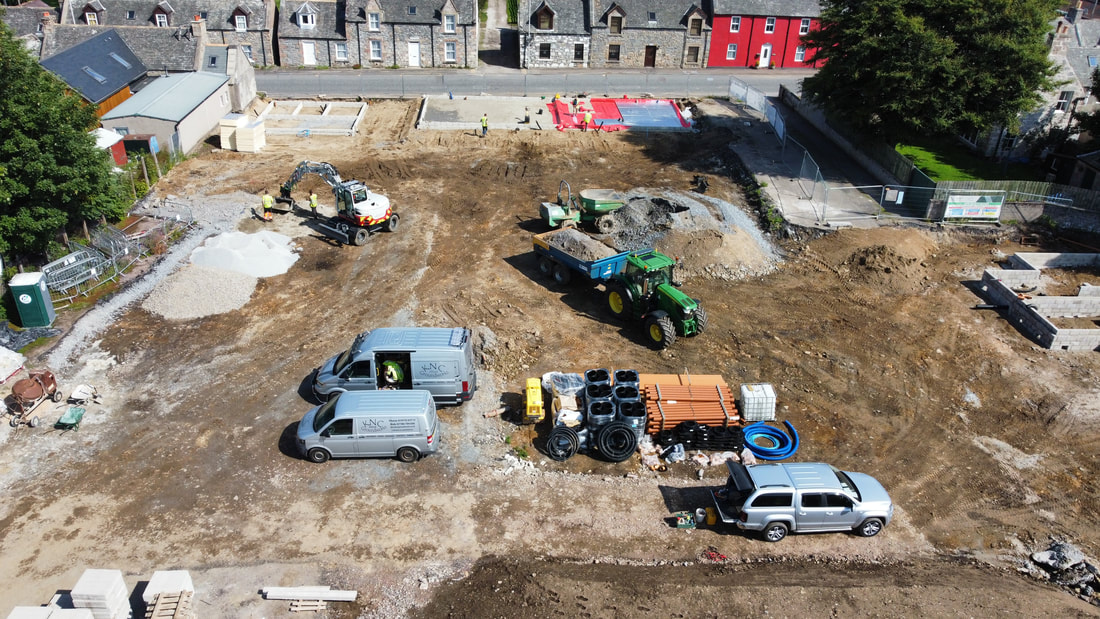
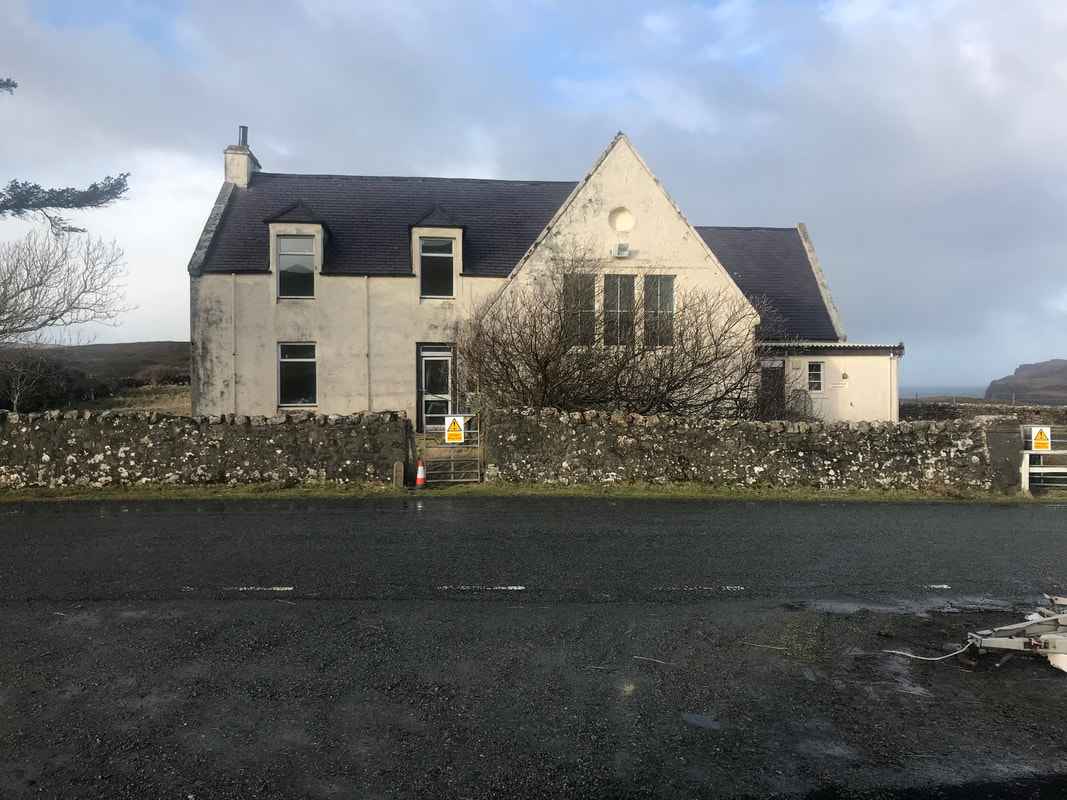

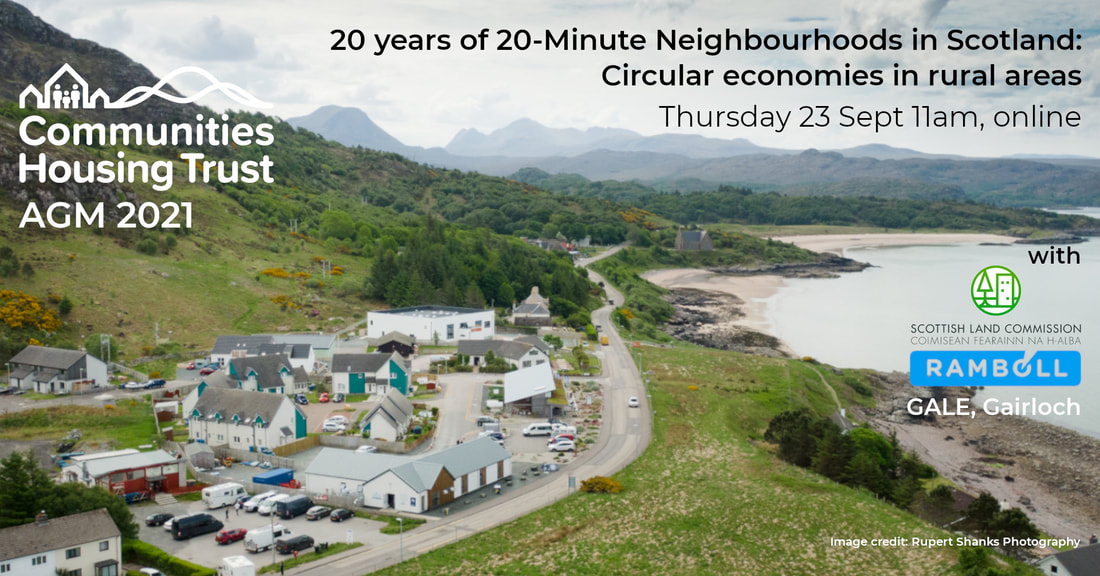
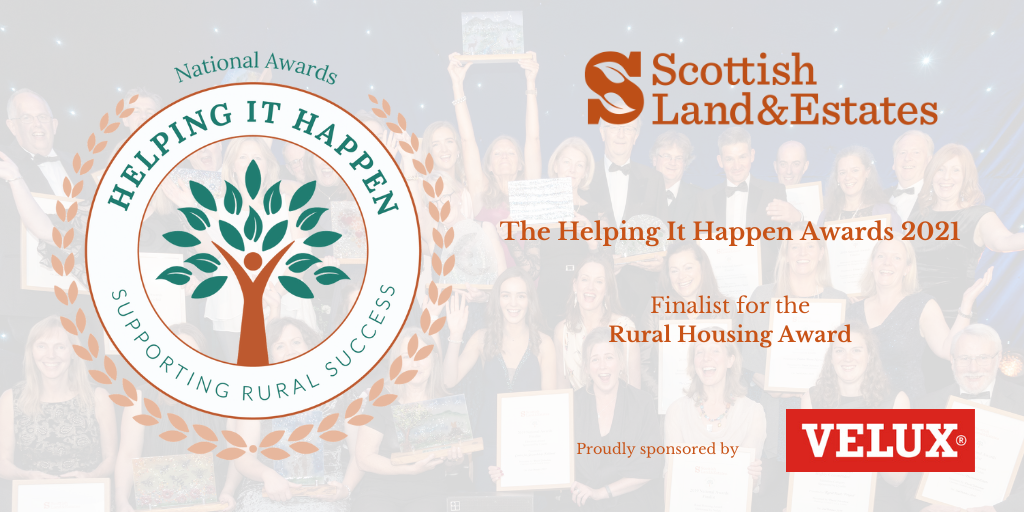
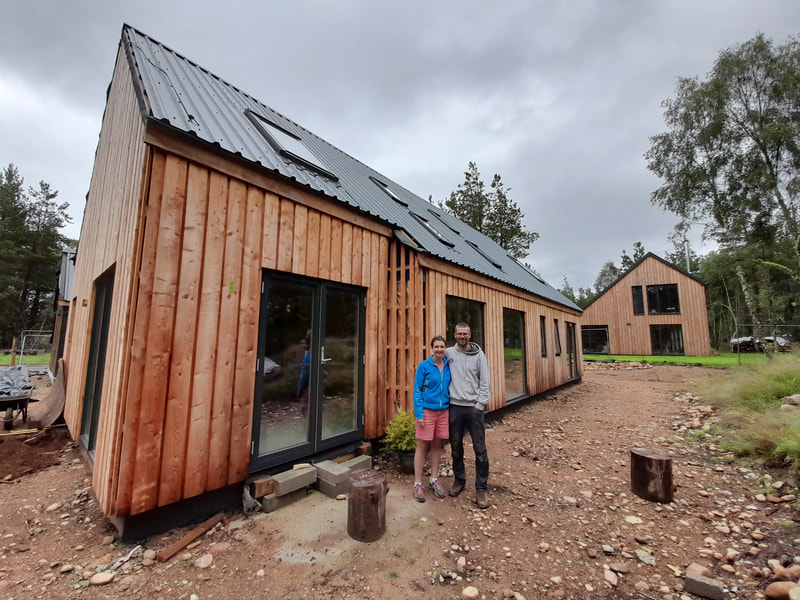
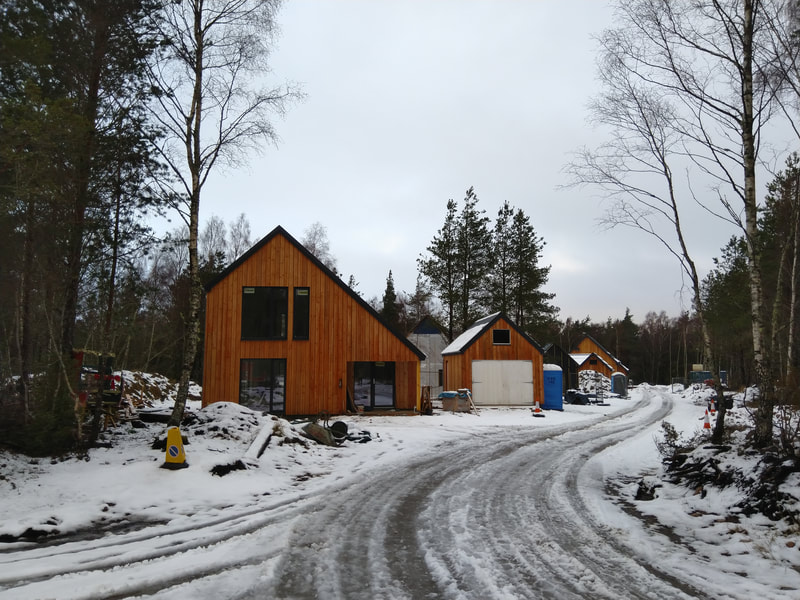
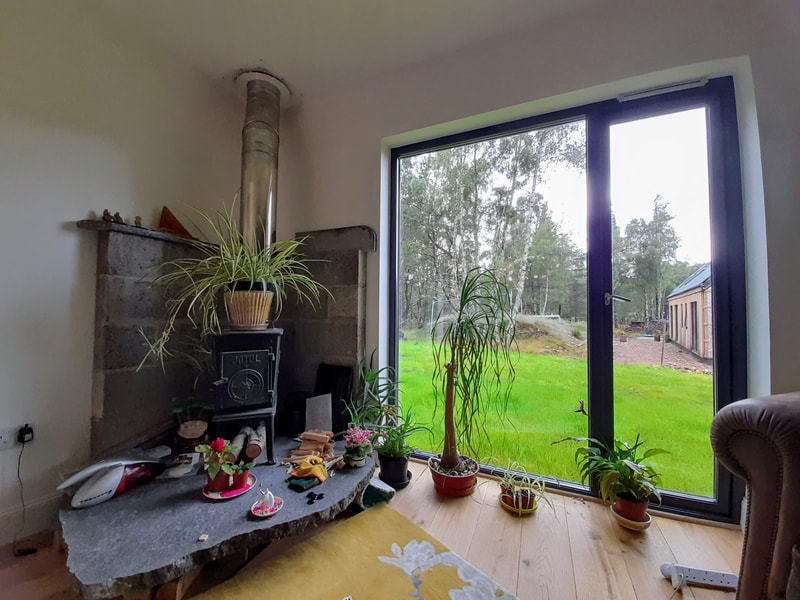
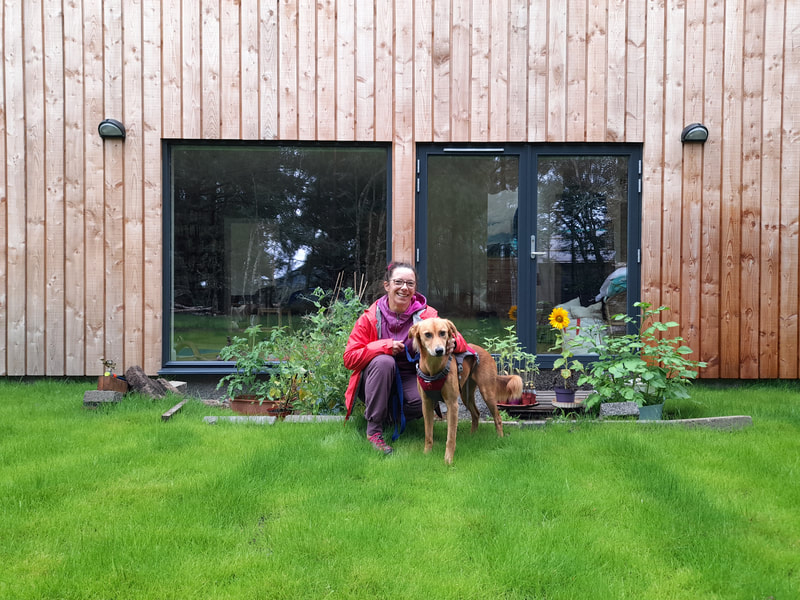
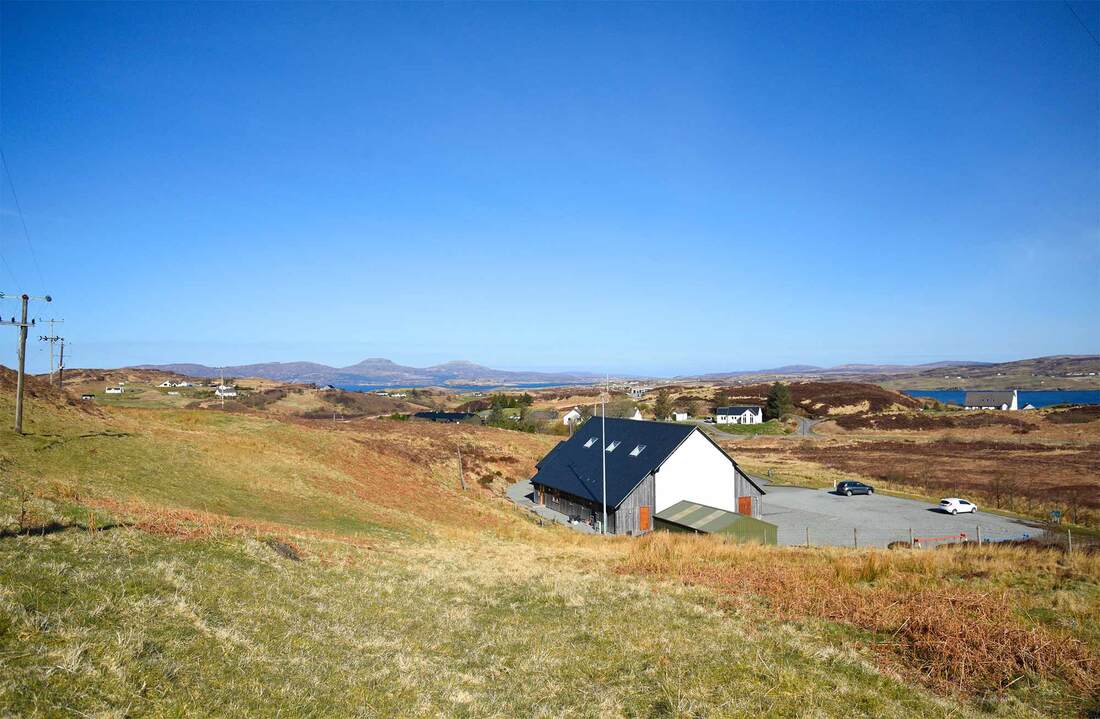
 RSS Feed
RSS Feed
